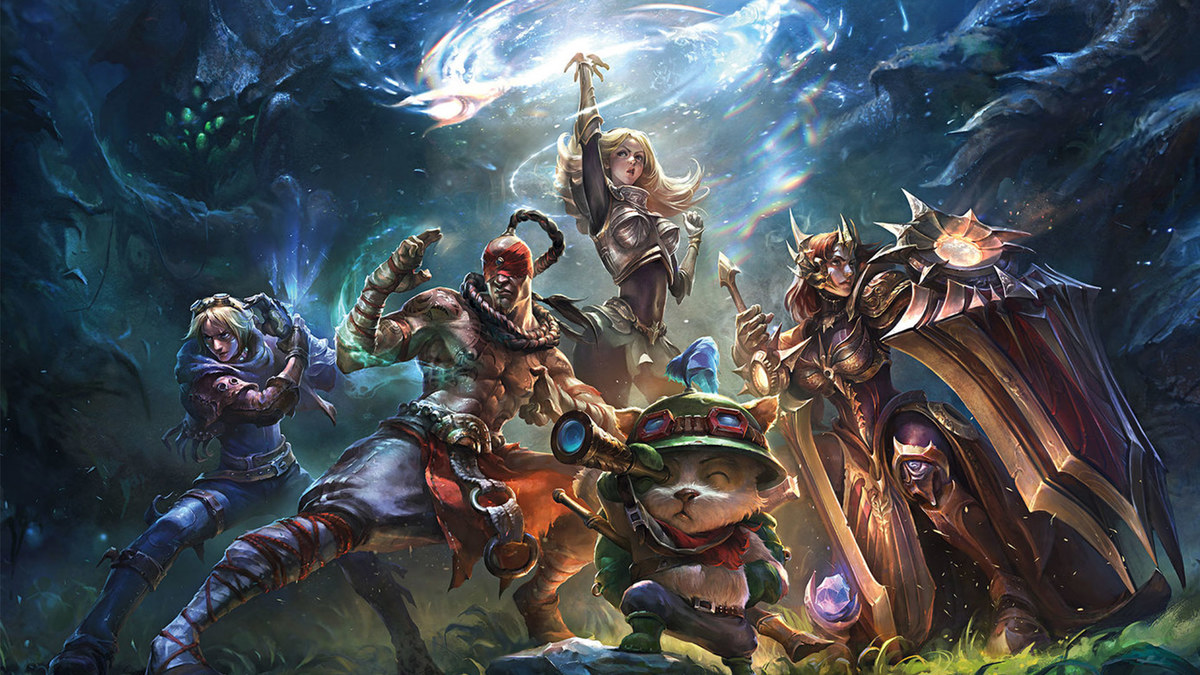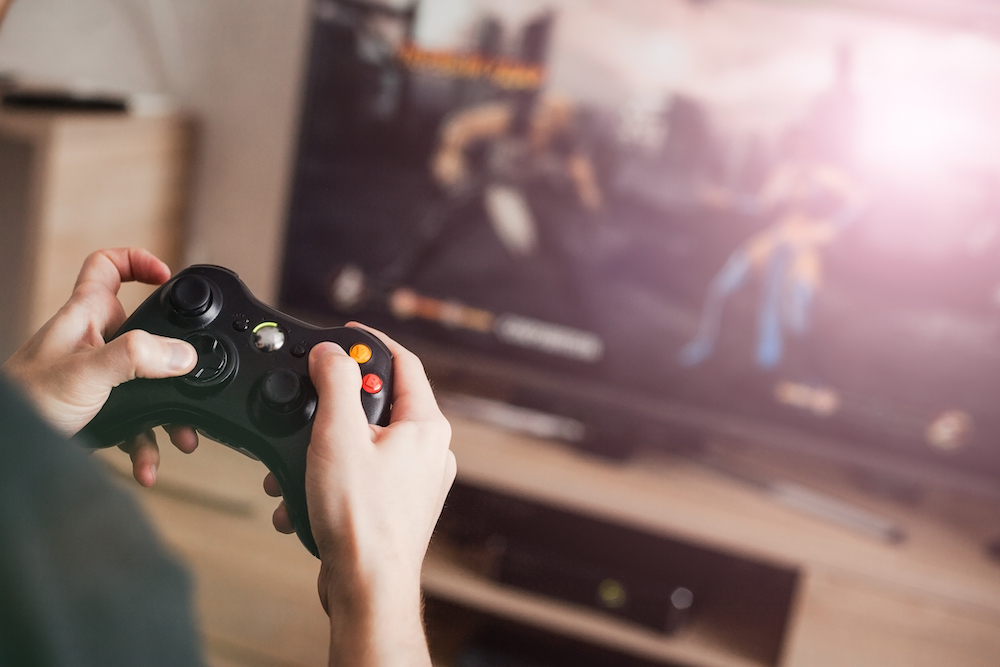DHARAN: Social curbs introduced in the wake of the coronavirus pandemic have led to a surge in online gaming, with global revenues exceeding $10 billion in March, making it the most profitable month on record, according to estimates.
US-based telecommunications company Verizon Wireless reported a 75 percent surge in web traffic for video game use after social distancing measures were announced, while news portal Telecom.com said video and mobile gaming had skyrocketed to unprecedented levels.
In 2018, the World Health Organization (WHO) said that if digital or video gaming takes over daily activities and impairs physical or psychological health, it should be classified as a disorder.
However, in the midst of the COVID-19 crisis, WHO has shifted its stance and launched the #PlayApartTogether campaign with gaming industry leaders to support those in self-isolation or home quarantine.
People forced to spend more time indoors are seeking varied entertainment, but also turning to video games to help connect with friends and the wider community as the popularity of multiplayer games such as League of Legends and Call of Duty: Modern Warfare reveals.

People forced to spend more time indoors are seeking varied entertainment, but also turning to video games to help connect with friends. (Supplied)
Video games are also used by people struggling cope with difficult emotions. Before the coronavirus pandemic, Internet forums such as Reddit and Quora were rife with gamers who claimed video games offered a source of escapism when dealing with post-traumatic stress (PTSD), grief and depression.
Dr. Upasana Gala, a neurofeedback specialist and founder of Evolve Brain Training, a Dubai-based wellness center that treats mental health issues, said: “With COVID-19, people cannot anticipate what is coming next. They might be struggling with job security, additional responsibilities such as childcare, or financial troubles.
“When an individual cannot control what is happening around them, completing a specific task and controlling the outcome in a game offers a dopamine hit,” she said. “It makes us feel good about accomplishing something.”
Gala said that if a person lacked the physical energy to complete daily tasks, gaming could activate the under-stimulated part of the brain, providing motivation to reach a specific goal, encouraging a sense of self, and improving learning and memory.

Benefits of gaming may also include improvement in problem-solving, concentration and social skills. (Shutterstock)
“In fact, a reasonable amount of gaming is usually recommended in therapy for clinical depression,” she said.
A 2017 study by the University of California, Davis found that video games improved cognitive control and could potentially be used to treat depression.
Additional benefits of gaming may also include improvement in problem-solving, concentration and social skills.
Gala suggests that gamers who find themselves spending an inordinate amount of time playing video games during lockdown should analyze whether it is a form of stress relief or escapism.
“If you find yourself using video games to escape reality and avoid confronting your problems, it creates a vicious cycle,” she said. “The key is to use video games in balance, as a stress reliever.”



















